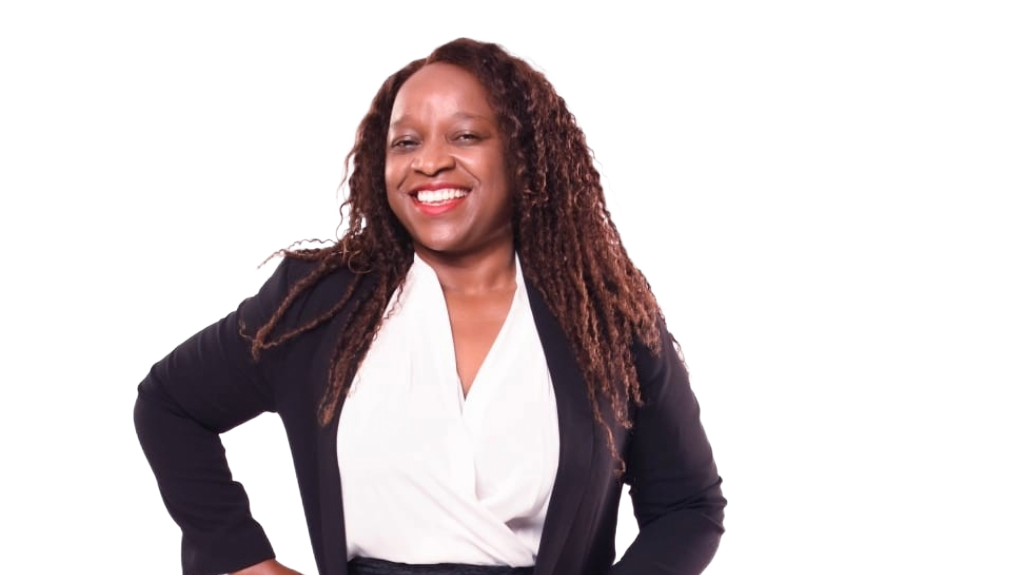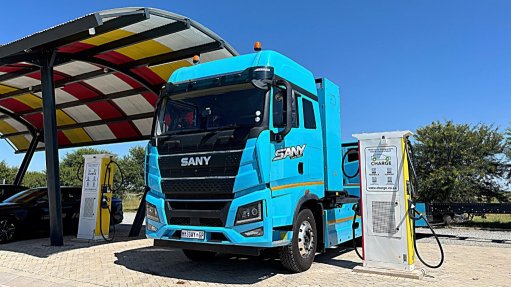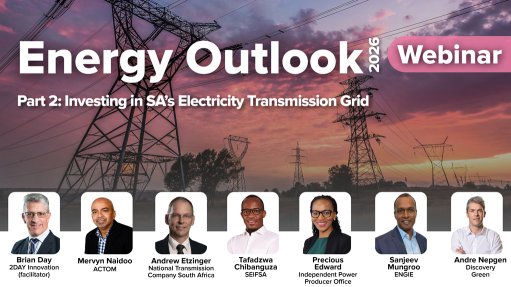Notable progress in engineering, but women still underrepresented in leadership roles



KERISHA GOVENDER Women ought to actively become uspkilled and keep pace with evolving industry trends
NYIKHO KHOSA Mentors in industry must guide women with genuine support and provide clear career development opportunities and plans
This article has been supplied.
South African women in engineering and industry can become “more-than-competent” drivers of change and development, solidifying their positions within traditionally male-dominated environments, with engineering consulting firm AECOM empowering and equipping women and affording them access to growth opportunities.
AECOM senior engineer Kerisha Govender has built her career by navigating challenges such as gender bias, stereotyping, and the underrepresentation of women in engineering.
Reflecting on her journey, she notes that one of the earliest hurdles she faced was establishing her professional identity in a male-dominated environment. In those early years, her contributions and ideas were sometimes overlooked, but she remained committed to proving her capabilities through consistent effort and high-quality work.
Seeking guidance from more experienced senior engineers, she volunteered for diverse project opportunities that broadened her skills and exposed her to new aspects of design and construction. “I dedicated extra hours to learning, particularly in areas related to design and construction, ensuring I was well-prepared for the demands of my roles,” she says.
Kerisha believes that continuous learning is essential, encouraging women to actively upskill and keep pace with evolving industry trends.
A more recently-employed AECOM engineer, Nyiko Khosa — who has been with the company for four months — believes that AECOM is actively addressing bias-related issues and is now focusing solely on skills-based employment, regardless of gender.
“What I have observed so far within AECOM, is that the company follows a gender-neutral recruitment process, which I believe addresses unconscious bias in hiring and promotion decisions. To support my statement, for example, in my team at the Centurion office, we are a team of four women engineers.”
She does, however, acknowledge that women remain underrepresented in leadership roles within engineering organisations. She suggests that a plausible solution is to match women with mentors who will genuinely support their interests and provide a clear career development plan, including guidance on the skills needed to advance along that path.
She adds that recognition in the workplace is a “powerful tool” that can help motivate and encourage other women to enhance their contributions to organisations.
“AECOM is actively participating in addressing disparities faced by women and is actively working towards creating a more equitable and inclusive environment,” says Nyiko.
Women-Powered Projects
Both Govender and Nyiko have contributed to the completion of various engineering projects with AECOM. These projects have contributed to public discourse and infrastructure development, as well as to both engineers’ professional repertoires.
During Kerisha’s early career development, she played a key role in the on-site supervision, quality assurance, and coordination of site teams for an incrementally launched bridge project that included two spine bridges and a mechanically stabilised earth wall.
“I monitored construction progress, resolved technical issues, and supported the implementation of engineering solutions in real time. This role allowed me to contribute directly to the successful delivery of complex structural elements while gaining valuable experience in large-scale infrastructure execution. These projects serve as powerful examples of how women are not only participating in, but also leading, complex engineering initiatives,” she says.
Nyiko – in her short period working for AECOM – has already applied her engineering knowledge in design calculation skills to deliver a concept design project utilising membrane bioreactor (MBR) technology for 13 decentralised wastewater treatment plants, as well as identifying options for water and sludge discharge or recycling.
“The project was a great opportunity to showcase that women engineers can be entrusted with, and are fully capable of, leadership roles. It also supported the notion that women engineers are highly competent. The project served as a testament to the fact that women engineers are exceptionally effective, detail-oriented, and play a key role in building and maintaining cohesive teams, while fostering a collaborative working culture.” said Nyiko.
Nyiko and Govender both believe that women will continue to play an important role in the engineering industry, as they are equipped with and able to offer various operation-enhancing skills and insights.
To promote inclusion and empowerment, AECOM also has various initiatives in place to empower young women who are interested in pursuing a career in the engineering industry, with the company’s Bring Your Girl Child to Work Day being one example, says Govender.
“The Bring Your Girl Child to Work Day is designed to spark early interest in engineering among young girls by exposing them to real-world engineering environments where they get firsthand insight into what a typical engineering firm environment looks like, as well as get an opportunity to engage with engineers of different seniority levels in AECOM,” she notes.
Nyiko adds that that AECOM MD Riaan Roberts has initiated a programme – called ‘Women Who Lead’ – aimed at building an internal network of women within the company, as part of broader efforts to create an inclusive and supportive environment at AECOM.
“I am looking forward to the programme, as I believe it will equip women with the necessary tools and support they need to advance their careers in engineering, while also encouraging them to participate and pursue leadership roles and contribute to a brighter future,” she enthuses.
Article Enquiry
Email Article
Save Article
Feedback
To advertise email advertising@creamermedia.co.za or click here
Comments
Press Office
Announcements
What's On
Subscribe to improve your user experience...
Option 1 (equivalent of R125 a month):
Receive a weekly copy of Creamer Media's Engineering News & Mining Weekly magazine
(print copy for those in South Africa and e-magazine for those outside of South Africa)
Receive daily email newsletters
Access to full search results
Access archive of magazine back copies
Access to Projects in Progress
Access to ONE Research Report of your choice in PDF format
Option 2 (equivalent of R375 a month):
All benefits from Option 1
PLUS
Access to Creamer Media's Research Channel Africa for ALL Research Reports, in PDF format, on various industrial and mining sectors
including Electricity; Water; Energy Transition; Hydrogen; Roads, Rail and Ports; Coal; Gold; Platinum; Battery Metals; etc.
Already a subscriber?
Forgotten your password?
Receive weekly copy of Creamer Media's Engineering News & Mining Weekly magazine (print copy for those in South Africa and e-magazine for those outside of South Africa)
➕
Recieve daily email newsletters
➕
Access to full search results
➕
Access archive of magazine back copies
➕
Access to Projects in Progress
➕
Access to ONE Research Report of your choice in PDF format
RESEARCH CHANNEL AFRICA
R4500 (equivalent of R375 a month)
SUBSCRIBEAll benefits from Option 1
➕
Access to Creamer Media's Research Channel Africa for ALL Research Reports on various industrial and mining sectors, in PDF format, including on:
Electricity
➕
Water
➕
Energy Transition
➕
Hydrogen
➕
Roads, Rail and Ports
➕
Coal
➕
Gold
➕
Platinum
➕
Battery Metals
➕
etc.
Receive all benefits from Option 1 or Option 2 delivered to numerous people at your company
➕
Multiple User names and Passwords for simultaneous log-ins
➕
Intranet integration access to all in your organisation




















